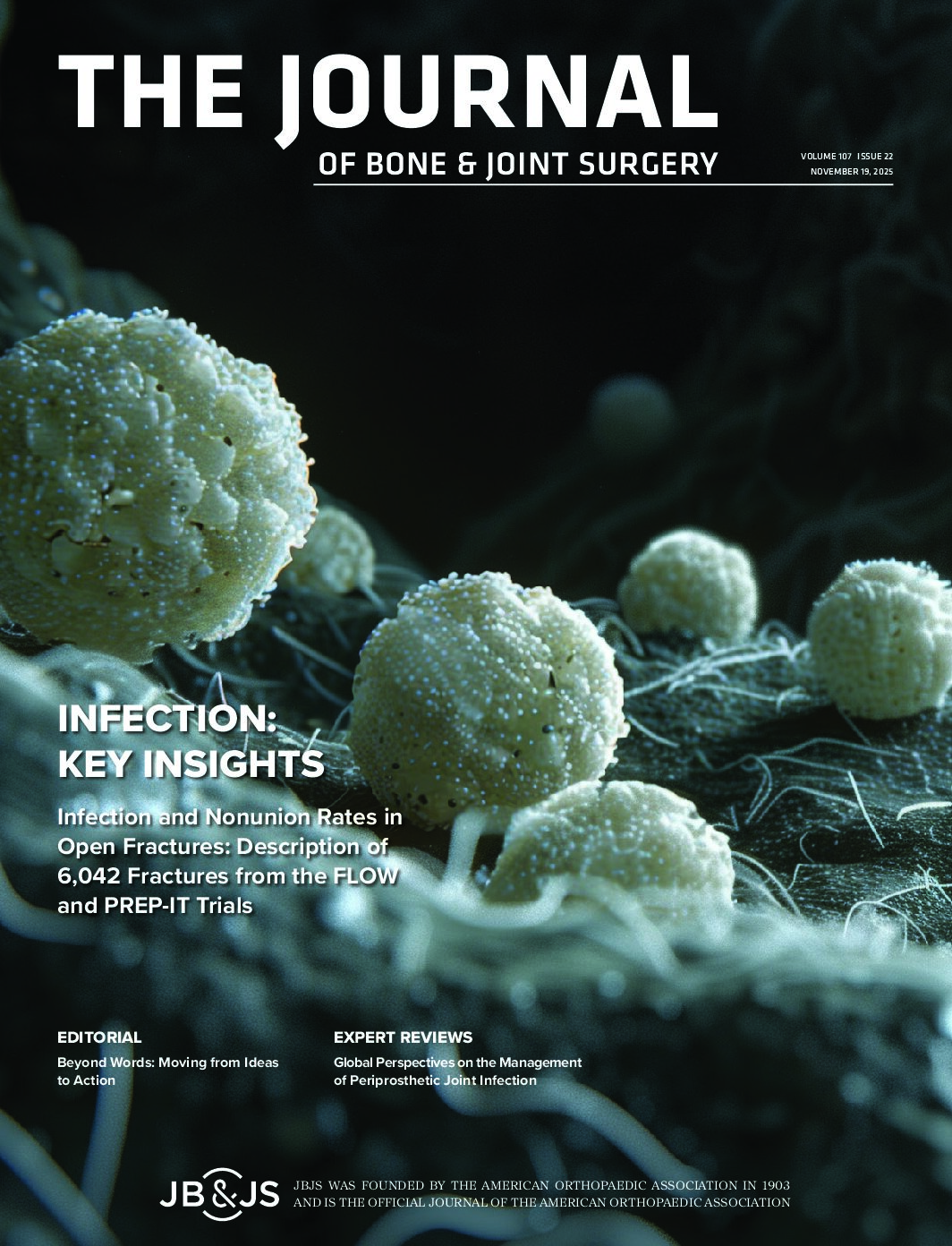Cell-based therapy for serious fractures or large bone defects is promising, but a lack of blood-supplied nutrients and oxygen often impedes survival of live-cell implants. Researchers reporting in Cell Metabolism have found a way to help implanted bone cells overcome those struggles. They preconditioned periosteal cells to survive in hypoxic and ischemic environments by deleting a cellular protein (PDH2), which in turn stabilized the action of another protein (HIF-1α) that helps sustain energy metabolism in nutrient- and oxygen-deprived environments. This strategy increased postimplantation cell survival and improved bone regeneration—and could hasten the clinical translation of this regenerative-medicine approach.


